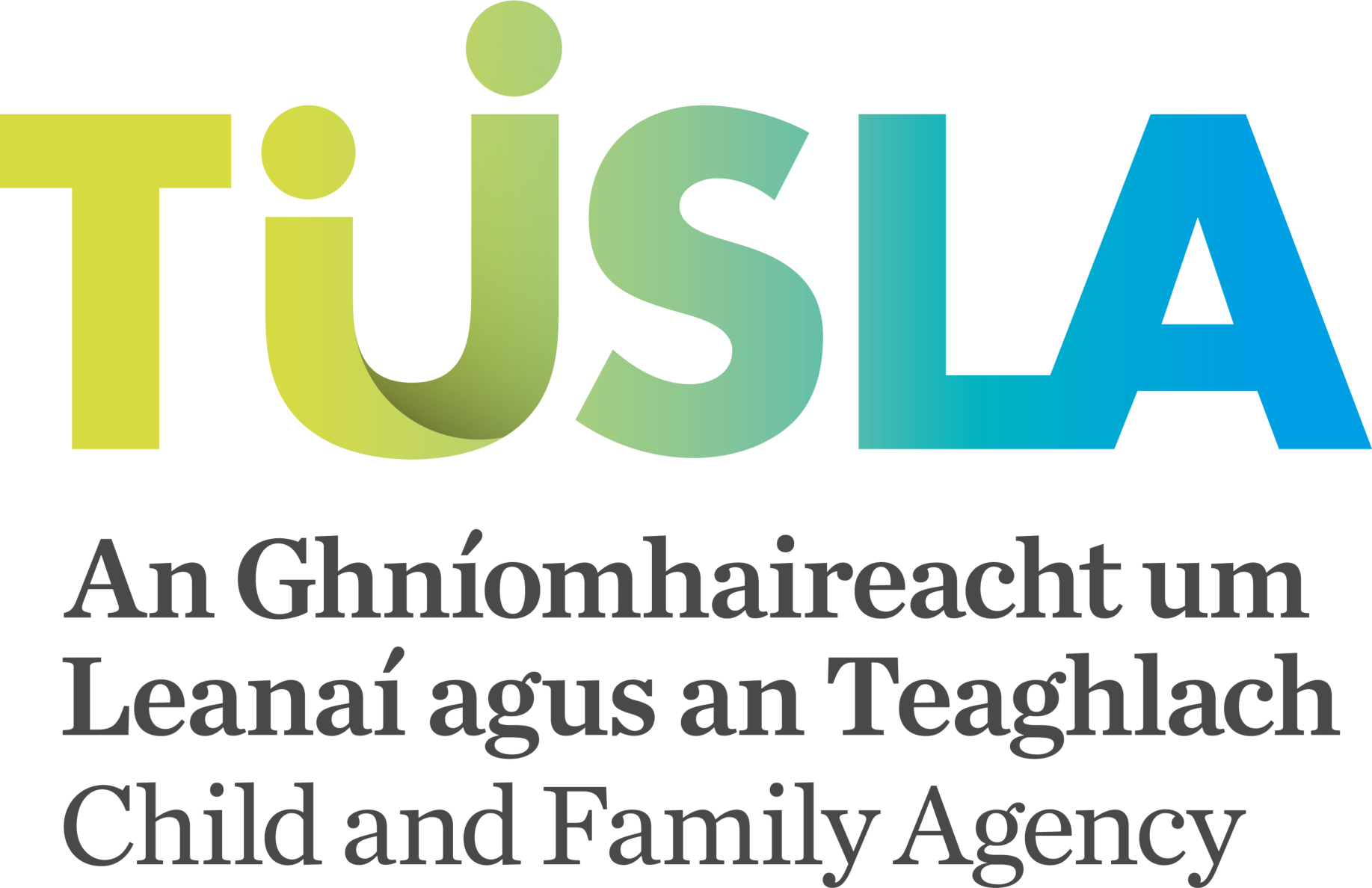Friends can be most helpful at a time like this. You don’t have to say anything. Just be there, willing to listen. Many women need to talk over and over about their experience of miscarriage and fear that people will tire of the repetition. Let your concern be genuine. Don’t be afraid to openly talk about the baby and the mother’s feelings of loss.
Be there for her. Try to be there for the partner also. They may seem to be preoccupied with their partner’s health but remember that they have lost their baby too. Allow them to express their feelings even if your opinions differ from theirs. Allow them to talk about the baby they have lost as often as they need to. The loss of their tiny baby needs to be acknowledged. Try to remember that their future has been altered and this can be very difficult to come to terms with. Help out with the shopping etc. without taking over. Practical help can be badly needed.
 Donate
Donate

